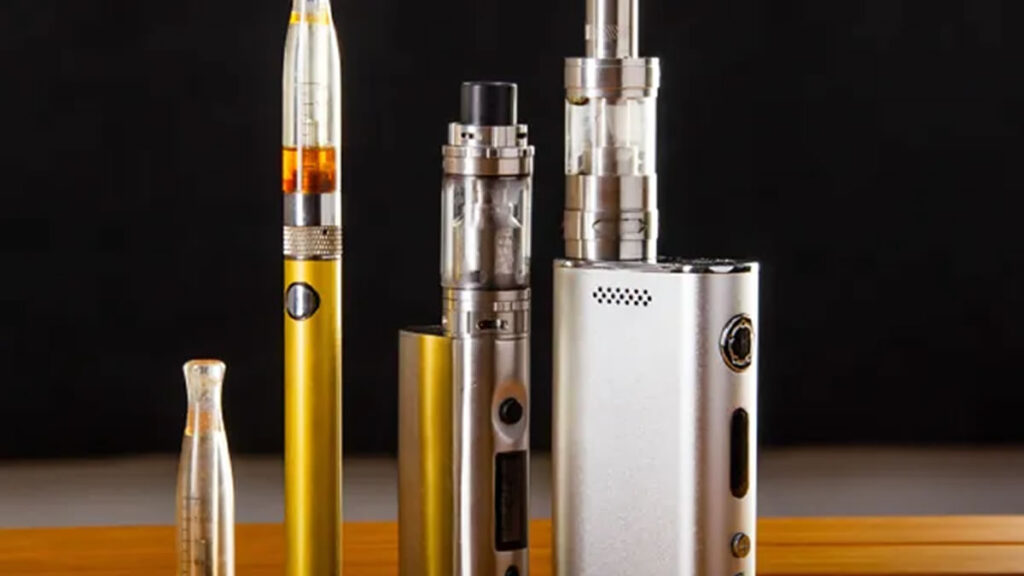A new bill has been introduced in the Argentine Senate aiming to impose stricter restrictions on vaping products, specifically targeting sales to minors and all forms of advertising and promotion. The proposal seeks to expressly prohibit the sale and free distribution of these products to anyone under 18, with penalties including fines, business closures, and product seizures for non-compliance. It also calls for a total ban on the display, advertising, promotion, and sponsorship of all vaping products.
The bill's author argues that the measures are necessary to protect adolescents from products that "generate addiction and health damage," citing an increase in vape use among young people. However, the initiative has drawn sharp criticism from consumer and harm reduction advocates, who argue that it deepens a failed prohibitionist model.
In Argentina, the sale, import, advertising, and distribution of vaping products have already been prohibited since 2011 by an administrative order from ANMAT (National Administration of Drugs, Foods, and Medical Devices). Despite this long-standing ban, millions of people use these products, which are widely available through an informal, unregulated market with no quality controls or age verification.
Alberto Gómez Hernández, spokesperson for the "Vapeo Responsable" (Responsible Vaping) campaign, backed by the World Vapers’ Alliance, stated that the new bill stems from a legitimate concern but ultimately reinforces a failed strategy. "The sale and advertising of vaping products have been prohibited for more than a decade, which has fostered the growth of the informal market and facilitated access for minors. The solution is to regulate the product, control its sale, and put an end to the black market," he said.
While advocates support measures to prevent underage sales, they argue that the bill's total ban on advertising and promotion is counterproductive. "Prohibiting advertising completely prevents people from accessing key information. Vaping is at least 95% less harmful than smoking and is the most effective tool for quitting cigarettes. That difference needs to be communicated, not hidden," Gómez Hernández contended.
He warned that by not providing any legal, regulated channel for adult smokers to access these products as a harm reduction tool, the bill inadvertently strengthens the illicit market where minors can easily buy unregulated products. "As long as there is no regulated and legal market, the informal market will continue to grow. And as long as that happens, minors will continue to have barrier-free access, and the state will have no real tools to prevent it," he added.
Instead of further prohibitions, Vapeo Responsable proposes a clear regulatory model: permit the sale of vaping products to adults exclusively in specialized, licensed stores with mandatory age verification and strict quality controls. They argue this is the only way to dismantle the informal market and effectively prevent underage access. The organization has launched a citizen petition calling on the national government to end the prohibition and adopt this "intelligent regulation" approach.

Digital Content Creator & Vape Industry Analyst
Jake Miller is a prominent voice in the American vaping community, known for his transparent, tech-focused approach to harm reduction and hardware innovation. With over six years of experience in the industry, Tyler transitioned from a hobbyist to a full-time content creator, building a loyal following through his unfiltered reviews and deep-dive technical tutorials.




